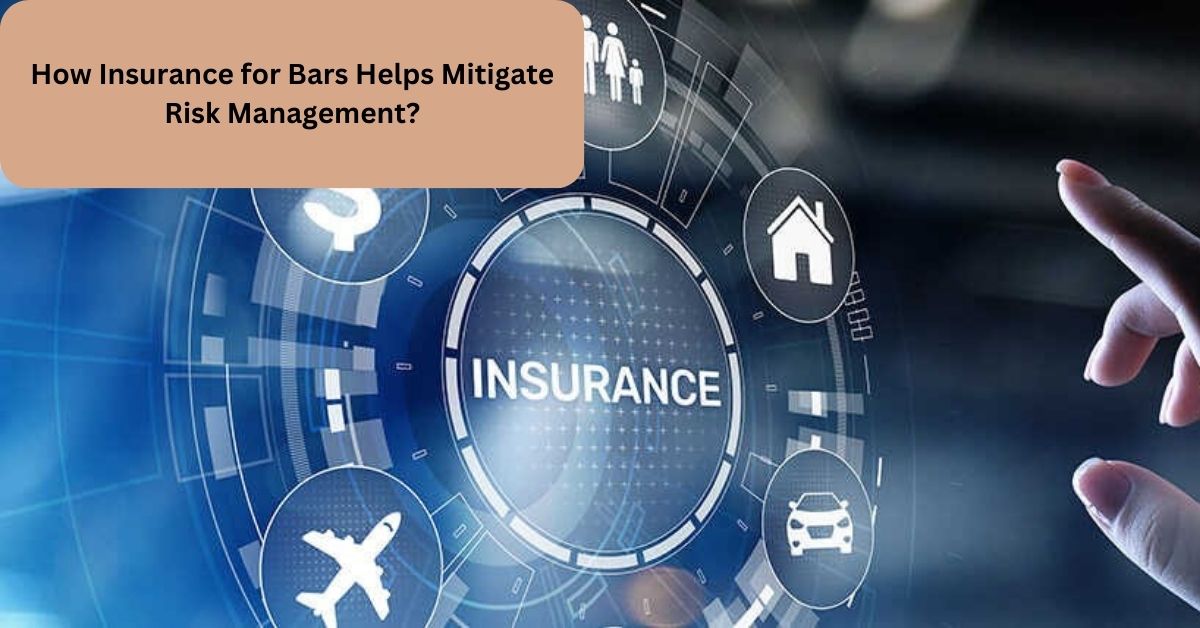Risk management is a strategic process that businesses use to identify, assess, and prioritize potential risks in their operations. Insurance for bars protects bar owners from financial losses resulting from accidents, lawsuits, or property damage. Bar owners can enroll in an insurance policy to safeguard themselves from unforeseen risks, including slip and fall accidents. Here is how implementing a bar insurance policy helps with risk management:
Protects Against Liability Claims
Bar owners face a wide range of liability risks in their day-to-day operations. These risks can include accidents that occur on the premises, such as slips and falls or food poisoning from expired products. Bar owners are also vulnerable to potential lawsuits from customers who may have been over-served and caused harm to themselves or others. Having insurance for bars provides protection against these types of liability claims. The policy can cover legal fees, medical expenses, and other costs associated with defending against a lawsuit or settling a claim. This level of protection helps mitigate the financial impact of such risks.
Safeguards Against Property Damage
Whether covering fire or water damage, insurance provides a safety net so the repair or replacement costs won’t cause significant financial strain for the business. Insurance for bars covers the damage to the building and its contents, including equipment and fixtures. This coverage can extend to losses caused by other incidents, such as vandalism or theft. It can also provide business interruption coverage, which protects the income lost due to the bar’s closure during repairs.
Promotes Safety Practices
An insurance policy promotes safety practices within the business. Some insurance companies require policyholders to implement certain safety measures to reduce the risk of accidents or disasters. This can include installing fire extinguishers or implementing security measures such as surveillance cameras and alarm systems. Having insurance coverage may encourage businesses to invest in safety training for employees. This can include fire safety training, first aid courses, or health and safety workshops.
Provides Financial Protection
The risk of losing an investment from unexpected events is a concern for any business owner. Insurance coverage provides financial protection against unpredictable circumstances that could financially harm a bar owner’s business. Without insurance, you could face heavy financial burdens that may result in bankruptcy or the closure of your business. Investing in insurance is a risk management strategy that can protect your business assets and prevent financial losses. Different insurance policies, such as general liability insurance, property insurance, and business interruption coverage, help keep your business afloat during difficult times.
Meets Legal Obligations
As a bar owner, you are responsible for complying with legal requirements in all aspects of your operations. This includes meeting specific laws and regulations related to food, alcohol, and employee safety. Some states legally require employers to provide workers’ compensation coverage for their employees. This type of insurance gives financial assistance to employees injured at work, paying for medical expenses and lost wages while they recover. For bar owners, carrying worker’s compensation insurance minimizes the risk of being sued following a work-related injury. Another beneficial insurance for bars is liquor liability. Liquor liability insurance helps protect the bar against legal claims arising from alcohol-related incidents, such as accidents caused by intoxicated patrons.
Safeguard Your Business With Insurance for Bars
Risk management can be a proactive aspect of running a successful business. As a bar owner, investing in insurance coverage keeps your business afloat during disasters and helps you meet legal obligations. It helps shield your business from risks and uncertainties that could lead to financial losses or legal consequences. Invest in bar insurance coverage to protect your business and improve your risk management strategy.






